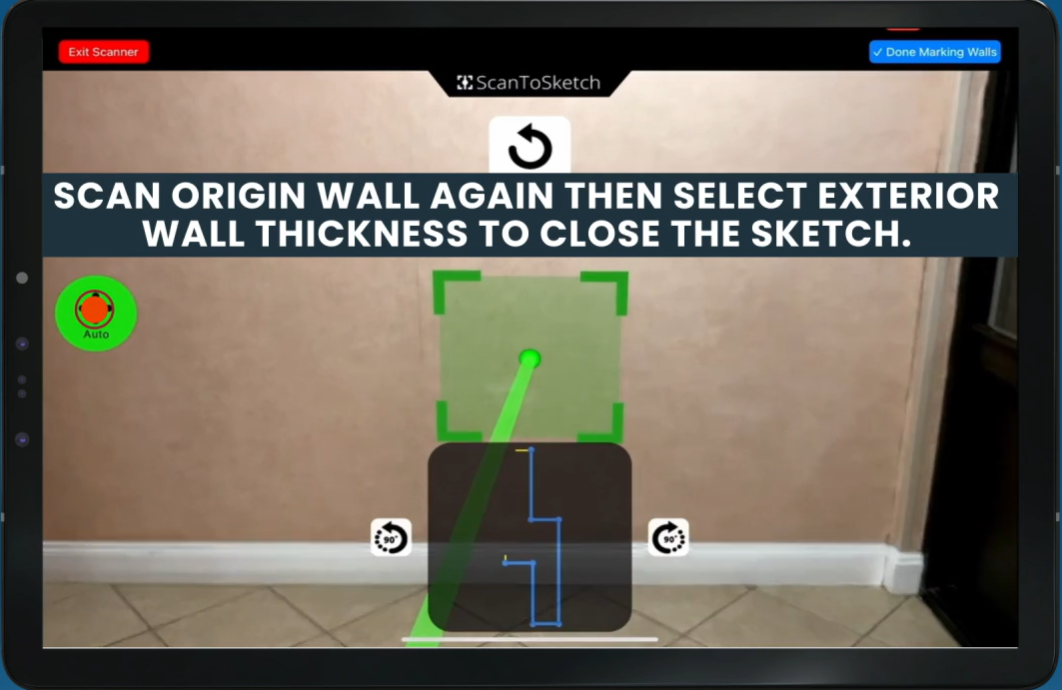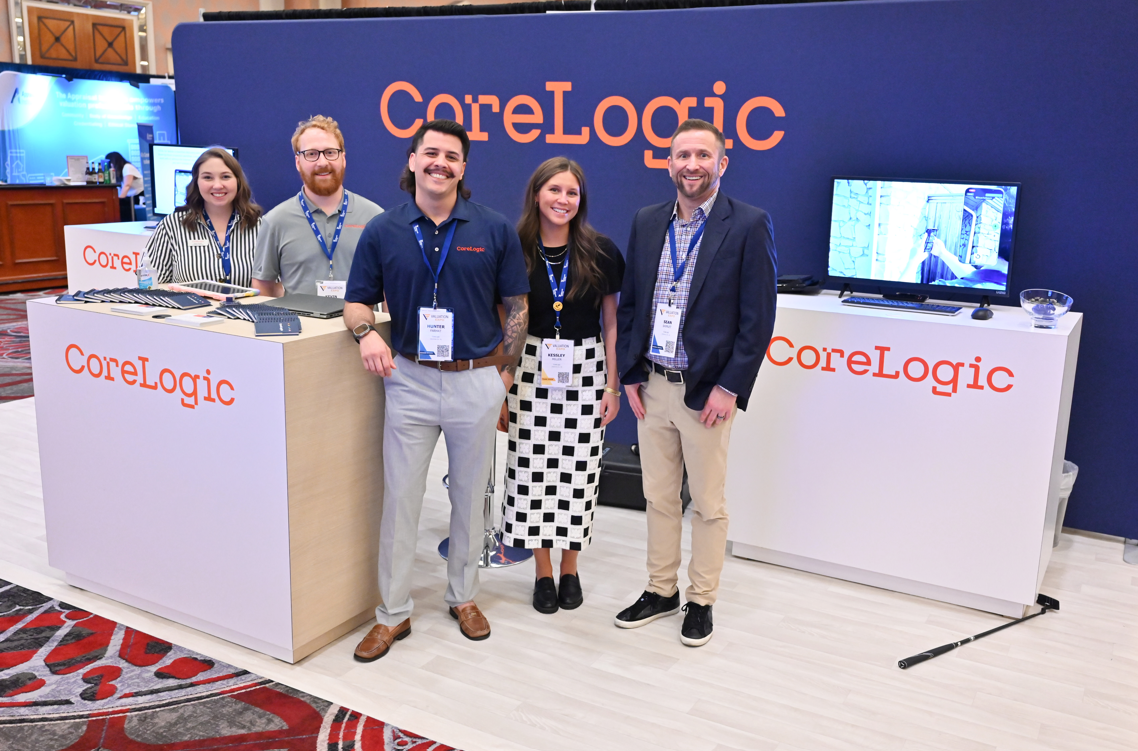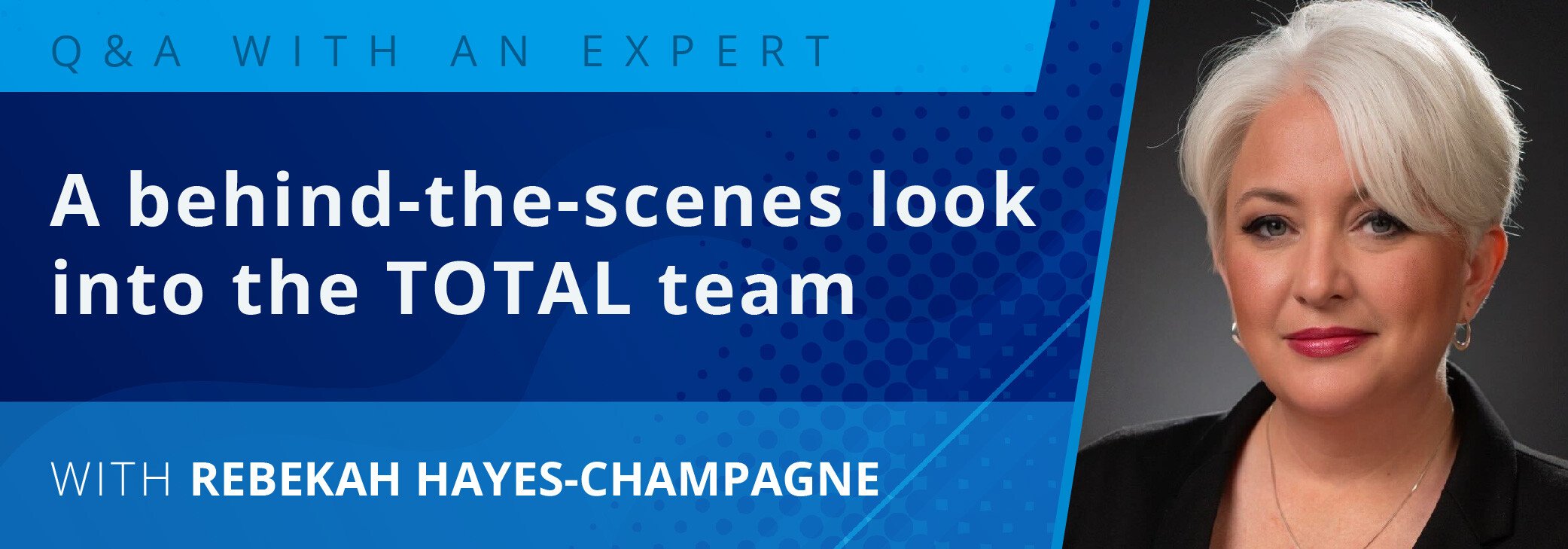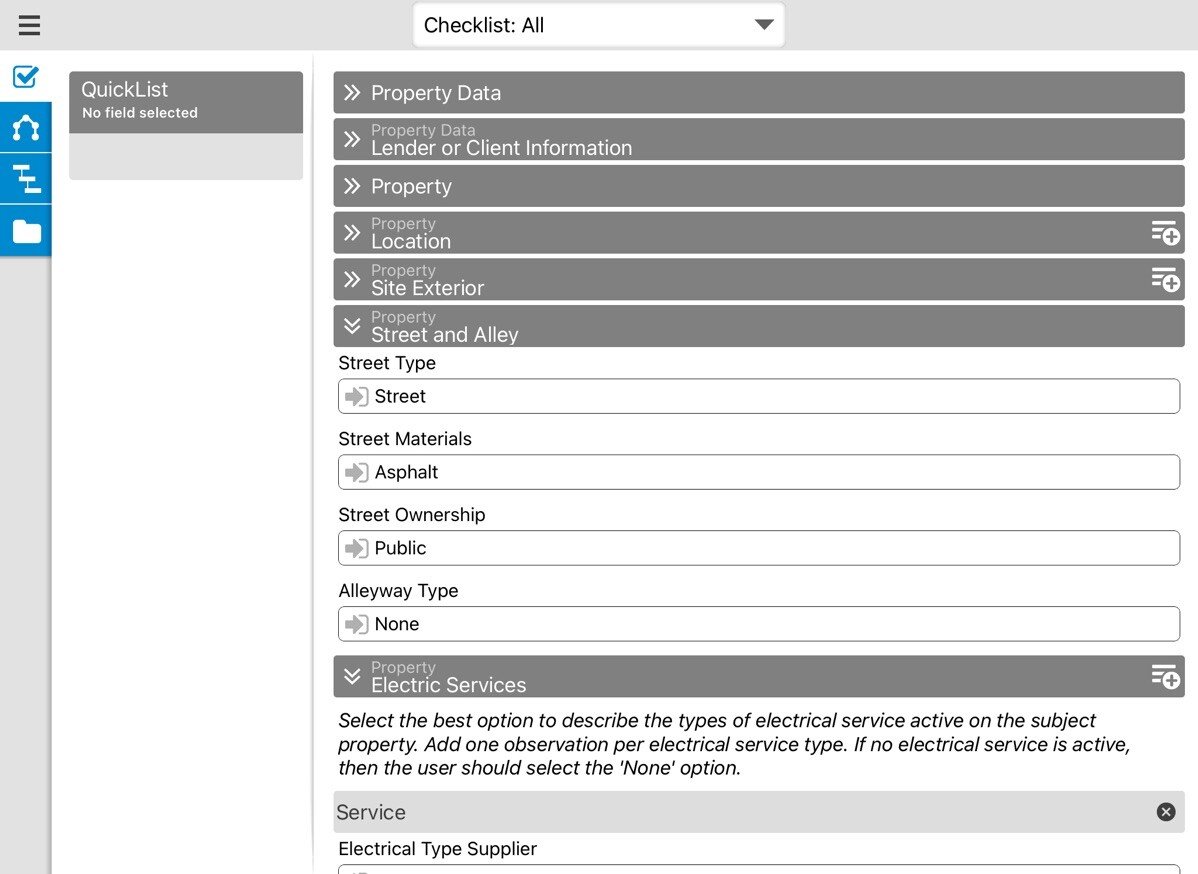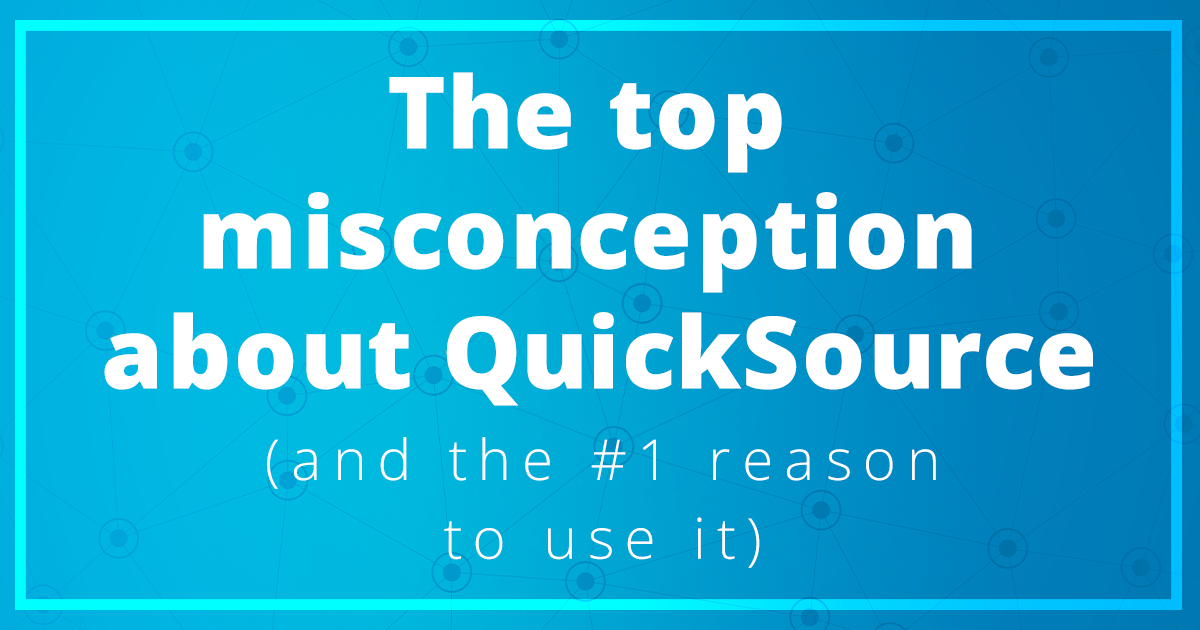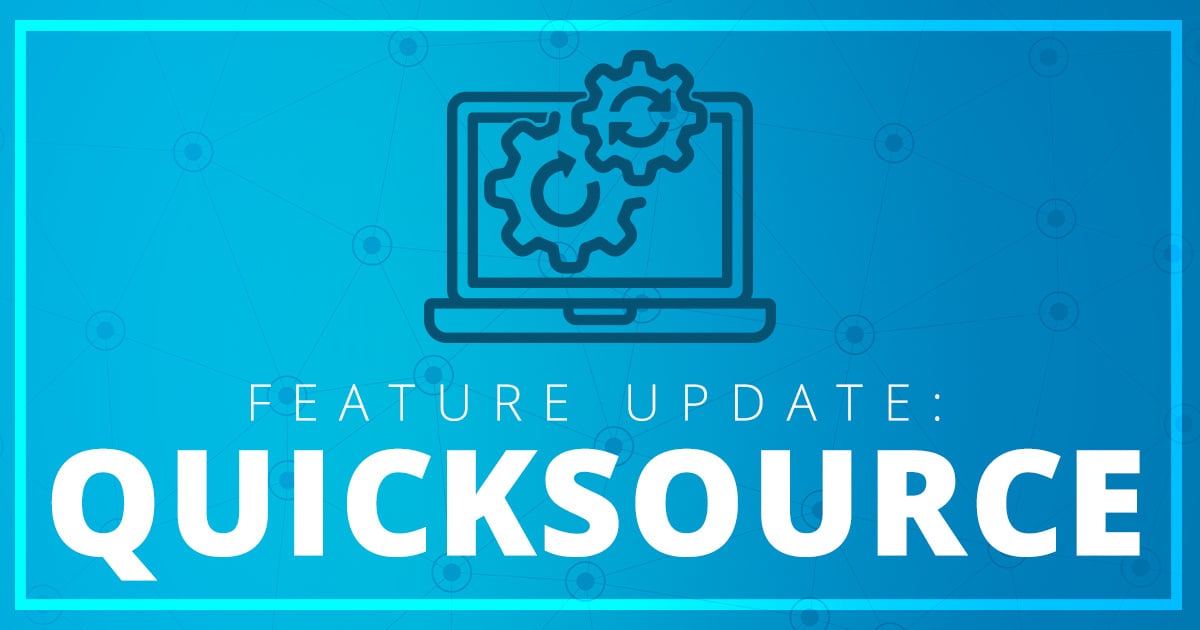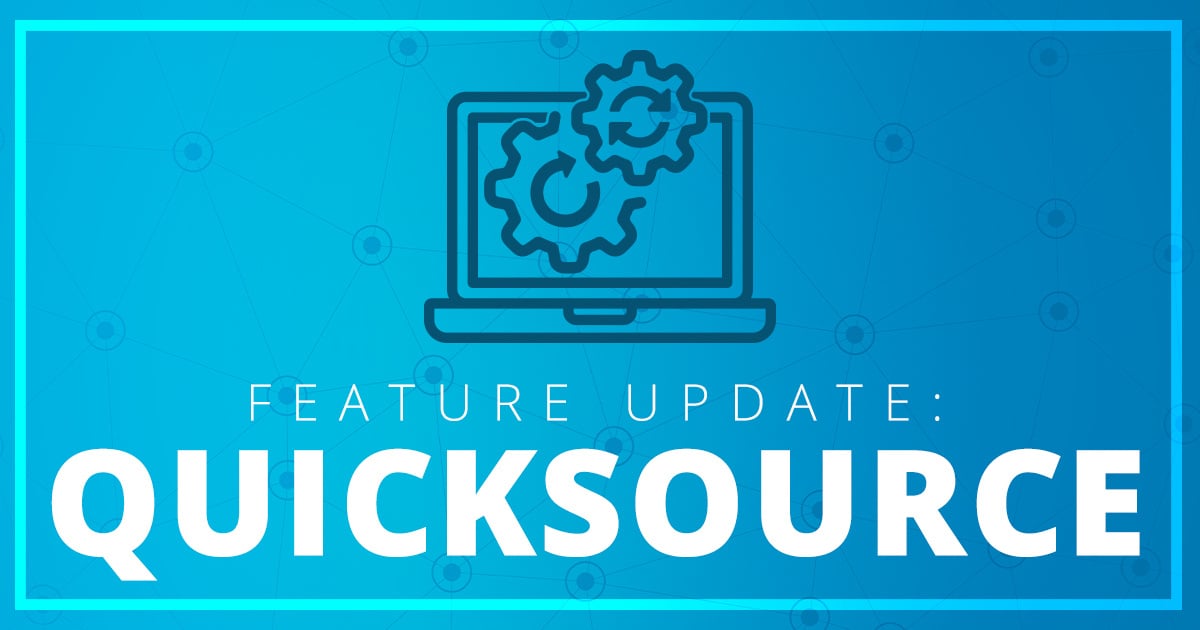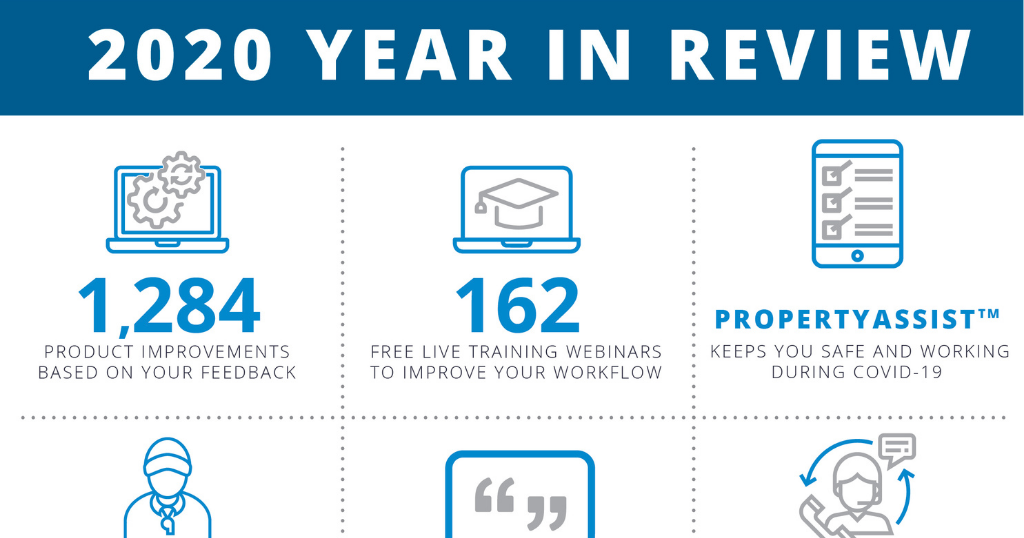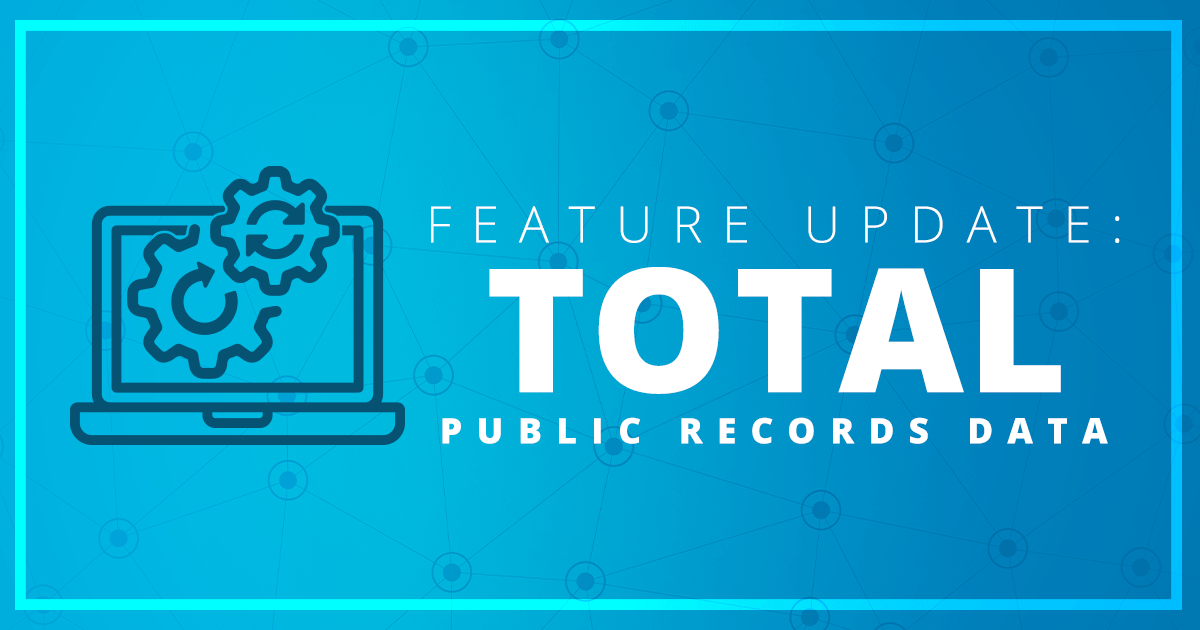Most of you are familiar with the copyright laws with regard to music and books and, most recently, even your MLS listings. However, at our first annual appraiser convention last week in Las Vegas, we introduced the concept of appraisers protecting their ownership rights of their appraisal reports under U.S. copyright law.
The convention drew together more than 700 of our appraiser customers at the Las Vegas Hilton for hands-on training, seminars on technology, tools and strategies for becoming more productive and efficient, and panel discussions on the profession’s most important issues.
In a session entitled “Stop data theft: Copyrighting appraisal reports,” our founder and CEO Dave Biggers, along with our in-house counsel Jennifer Sides; Erica Crago, an attorney-advisor with the U.S. Copyright Office; Mary LaFrance, an intellectual property law professor; Andrew Picarsic, and appraiser and owner of Andrew T Picasic & Company clarified what sections of a report is owned by appraisers and urged them to protect their work by registering it with the copyright office.
But why should an appraiser register the copyright to his or her work? The No. 1 reason for many is to keep lenders, management companies and data resellers from stripping appraisers’ analysis, descriptions and opinions from their reports – without permission or adequate compensation – and using them to populate automated valuation models (AVMs). As Biggers emphasized at the convention, “This is not an anti-AVM initiative, it’s just a way for appraisers to assert ownership and get paid for their report if it’s going to be used to create a competing product.”
Although copyright exists from the moment a work (such as an appraiser report) is created, the work must be registered in the U.S. Copyright Office if an appraiser wishes to bring a lawsuit for infringement of his or her work. It’s up to the author (the appraiser in this case) to determine who gets the right to copy, distribute, modify or display a copyrighted work. Once the copyright is registered, an appraiser would have the right to sue someone who misappropriates the appraiser’s intellectual property – like those data miners that strip their reports for AVMs.
Of course, appraisers cannot copyright the facts in their reports, such as the number of bathrooms, sale price of comparables, acreage or the style of the house (tudor, cape cod, etc.). But an appraiser can copyright a number that represents the result of a creative process requiring judgment and skill. Because the appraiser chooses which facts to include in the report based on his/her judgment of relevancy, the report’s analysis, descriptions and the price he/she ultimately concludes in an expert opinion on the home’s value can (and we say, should) be copyrighted.
Picarsic has already gone through the process of registering his company’s appraiser reports with the U.S. Copyright office. He summed up the argument from the appraiser’s side this way: “I gather data to come up with my final valuation and I work hard and use a lot of analysis in coming up with my evaluation. I want to be treated fairly.”
This isn’t the first time we’ve spoken out on issues that affect our customers. If you’ll remember, the issue of copyright came up last fall when Homestore.com, owner and operator of REALTOR.com®, forced us to disable the Agent XSites’ REALTOR.com® listing import feature. The company claimed “copyright” to brokers’ listings data, and that agents using the XSite feature had violated REALTOR.com’s® Terms of Use by reusing listings information on their personal websites. They sent us a cease and desist letter demanding we disable the feature – and we did.
We vowed to be your advocates in that battle for ownership rights with regard to your MLS listings and we vowed do the same for our appraiser who fear their hard work is being used to populate AVMs.



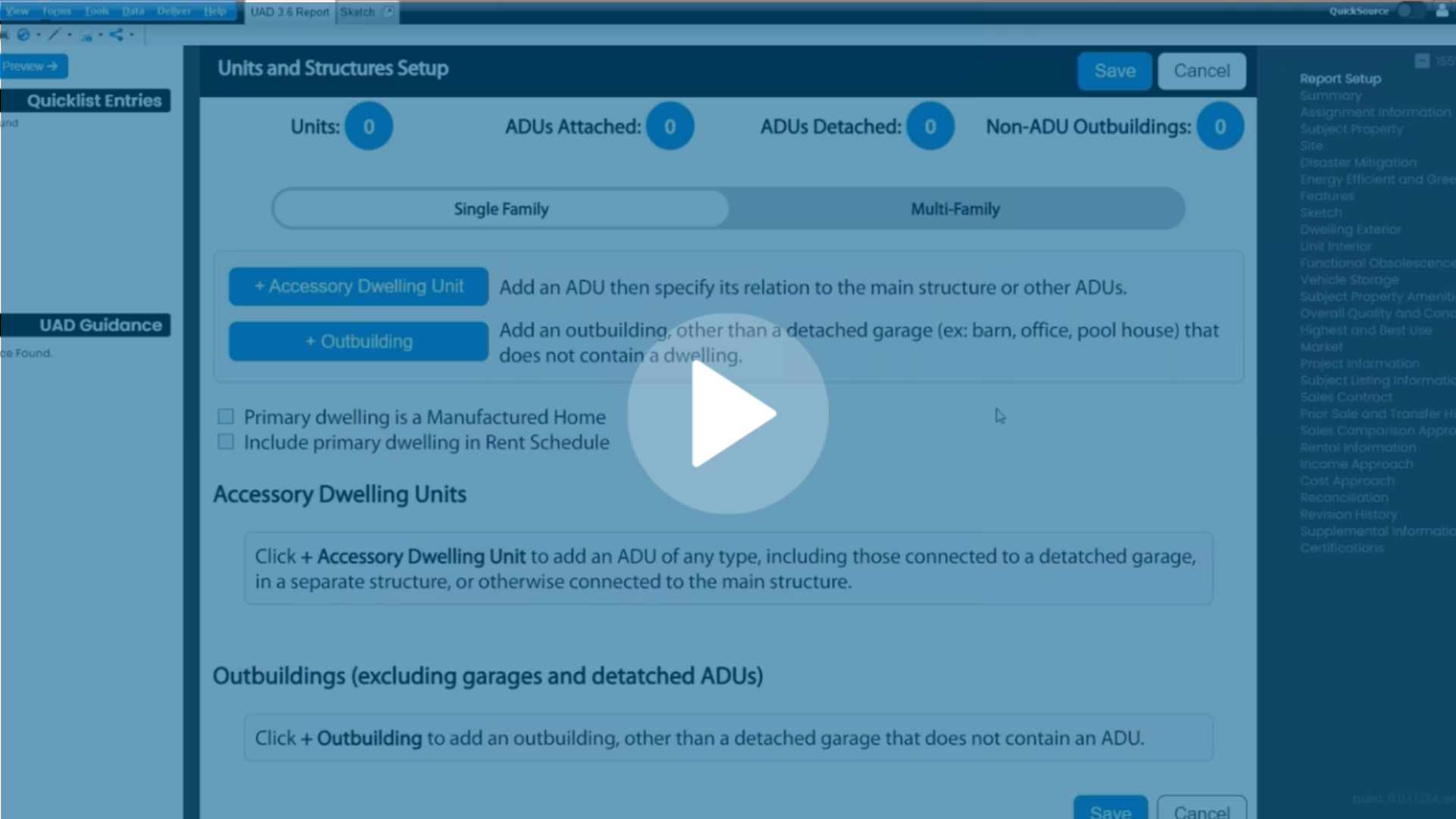
.png)
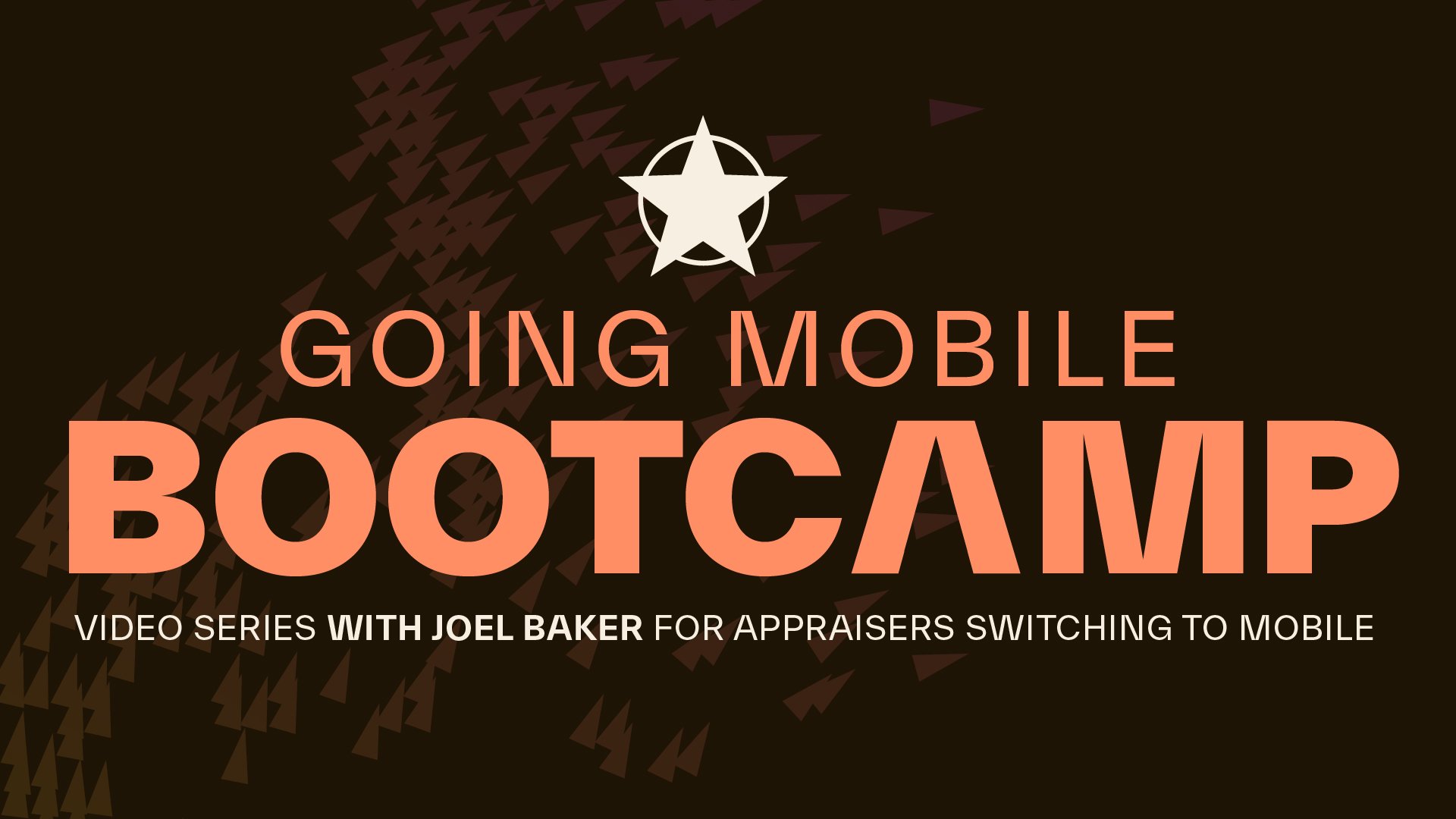
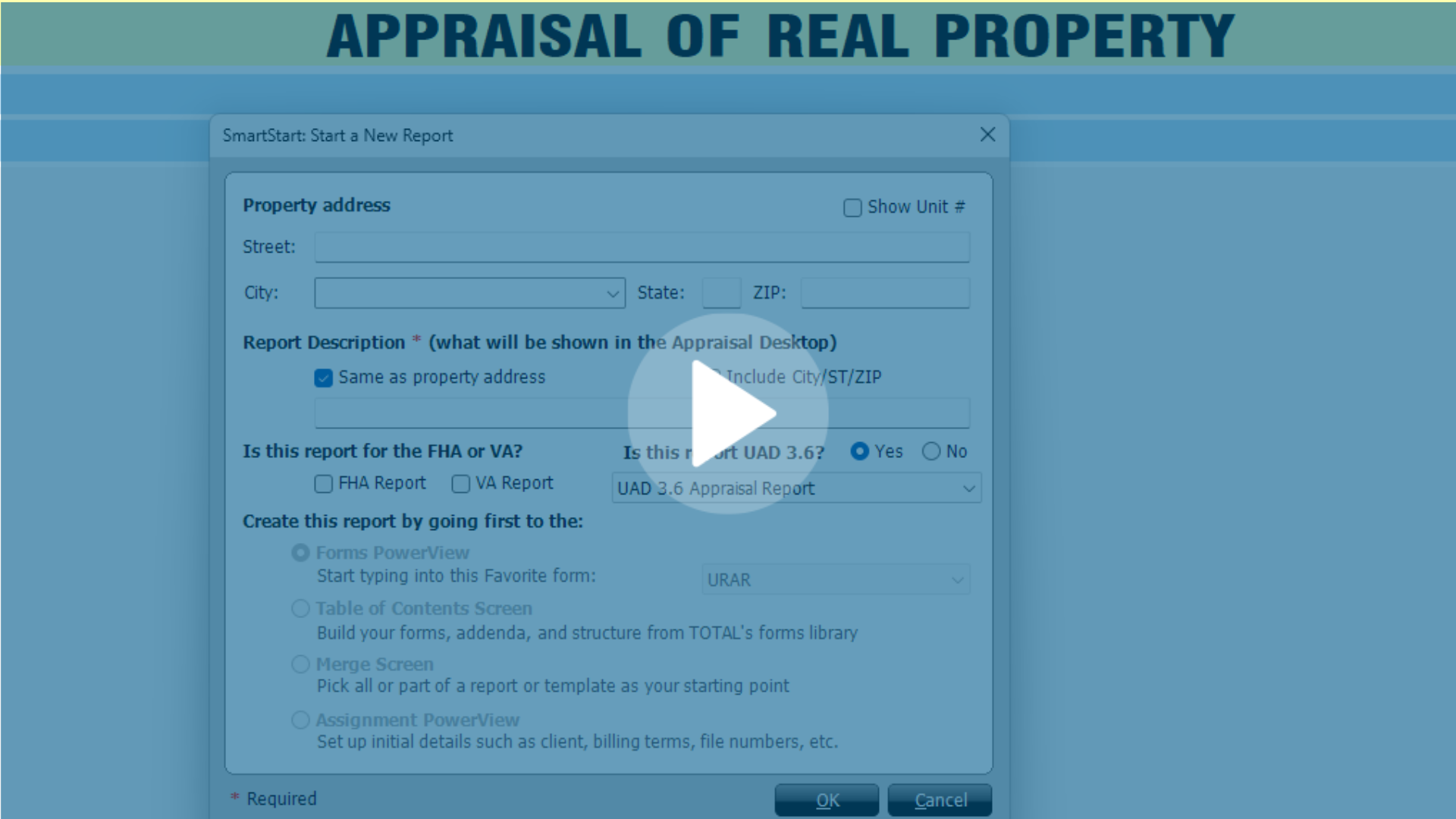
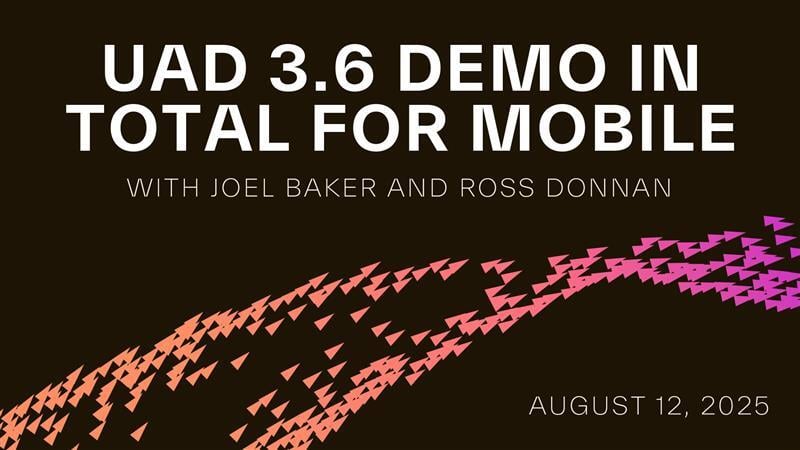

.png)
-1.png)
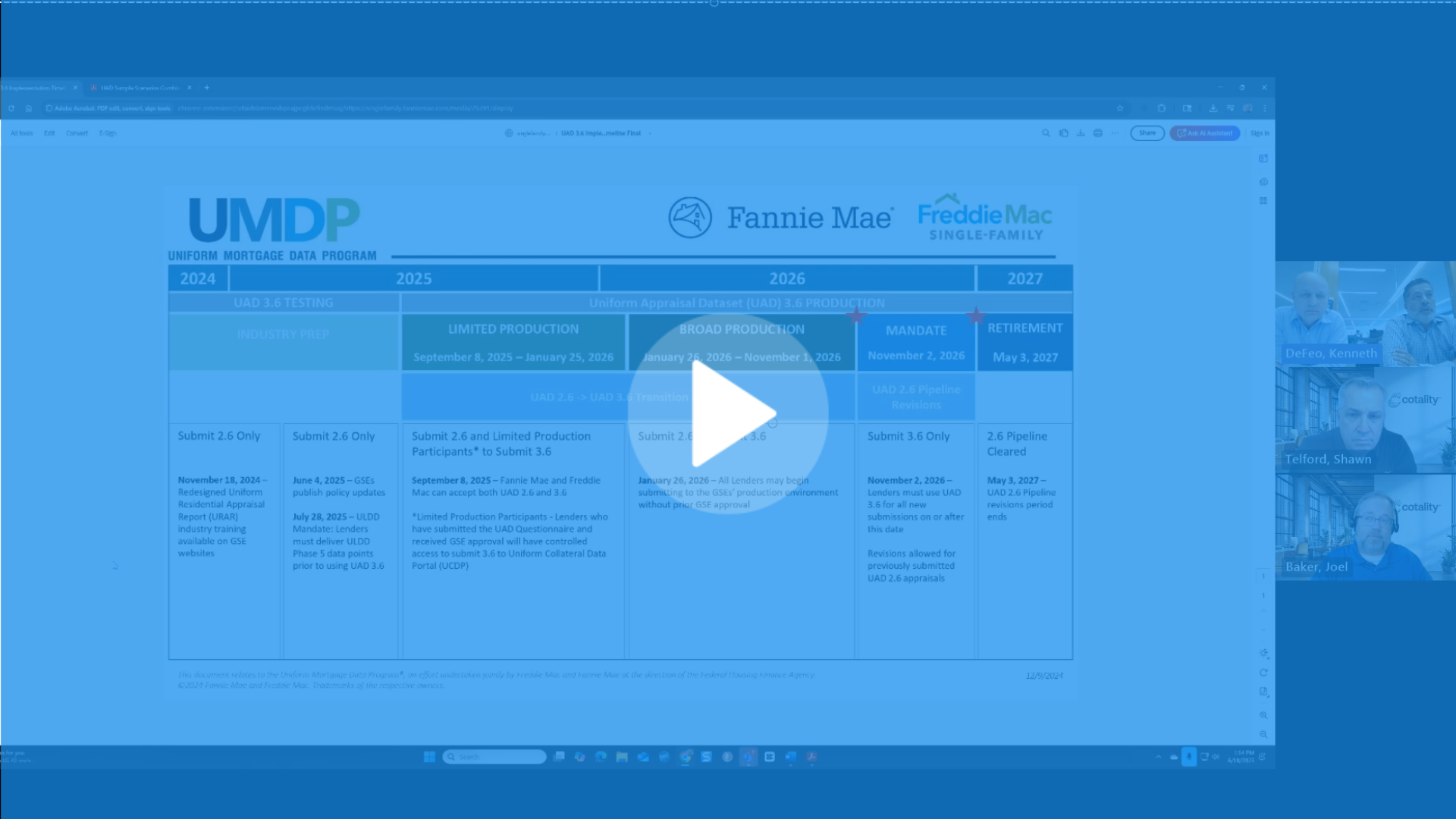
.png)
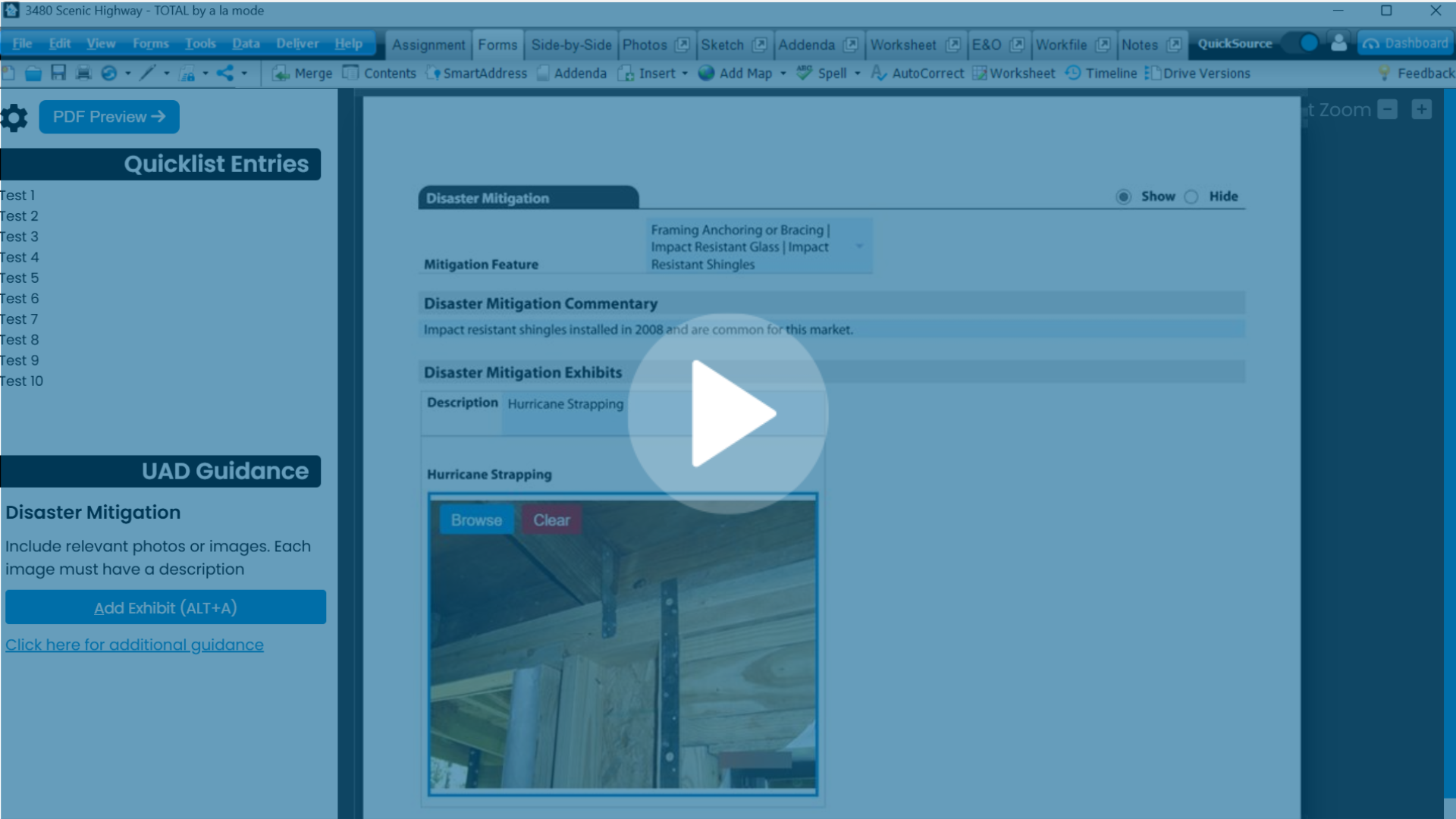
.png)
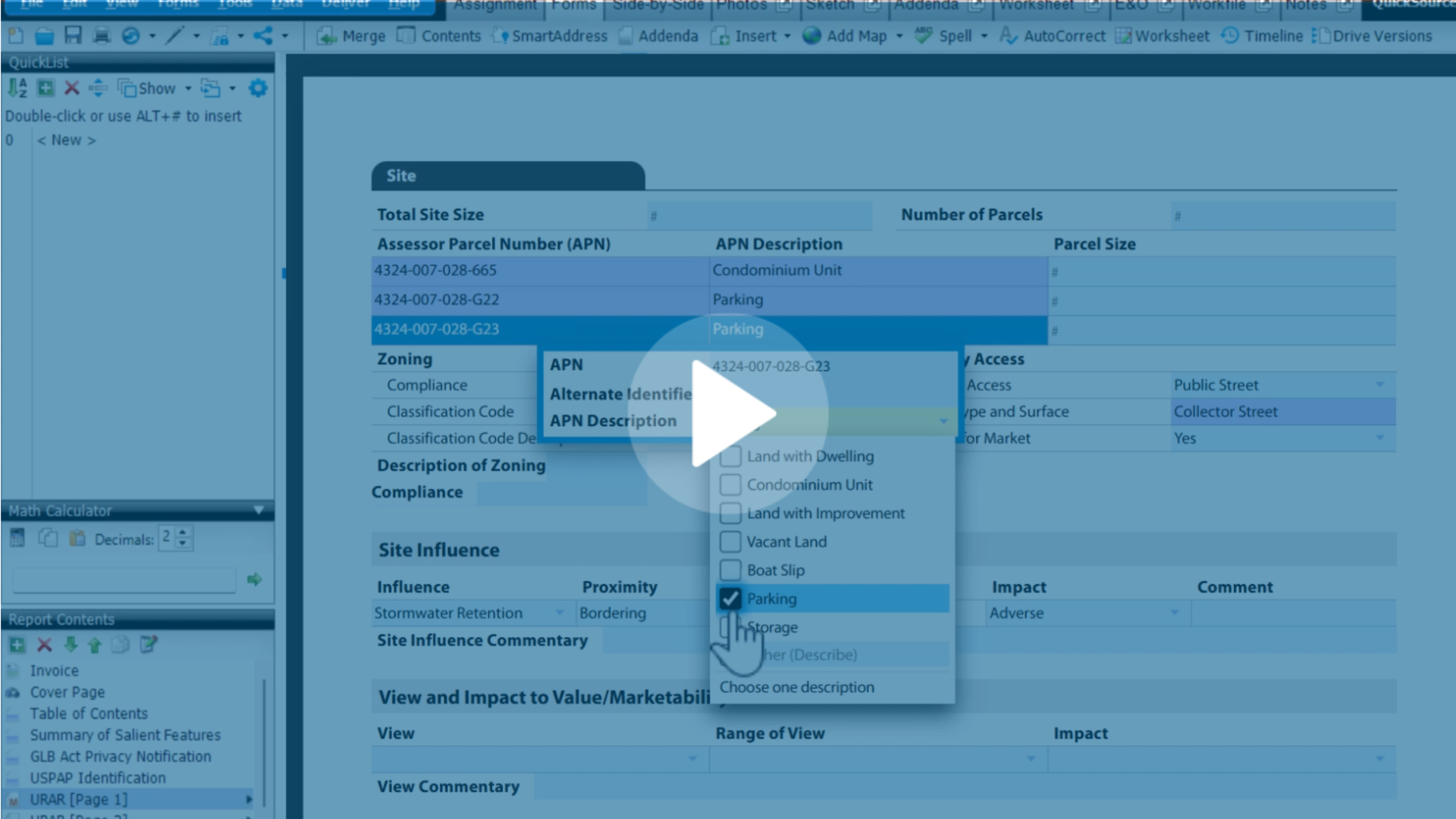
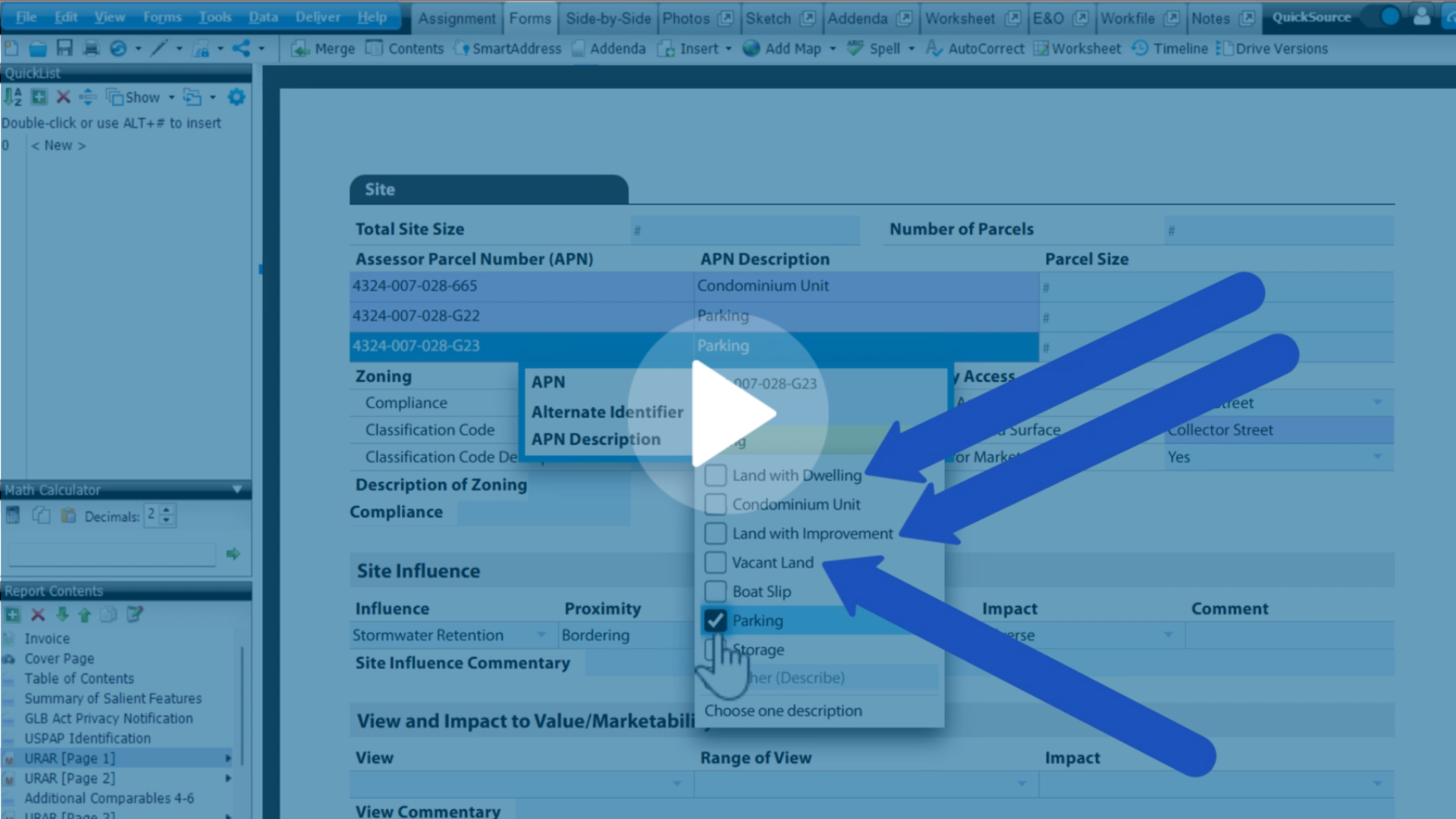
.png)
.png)
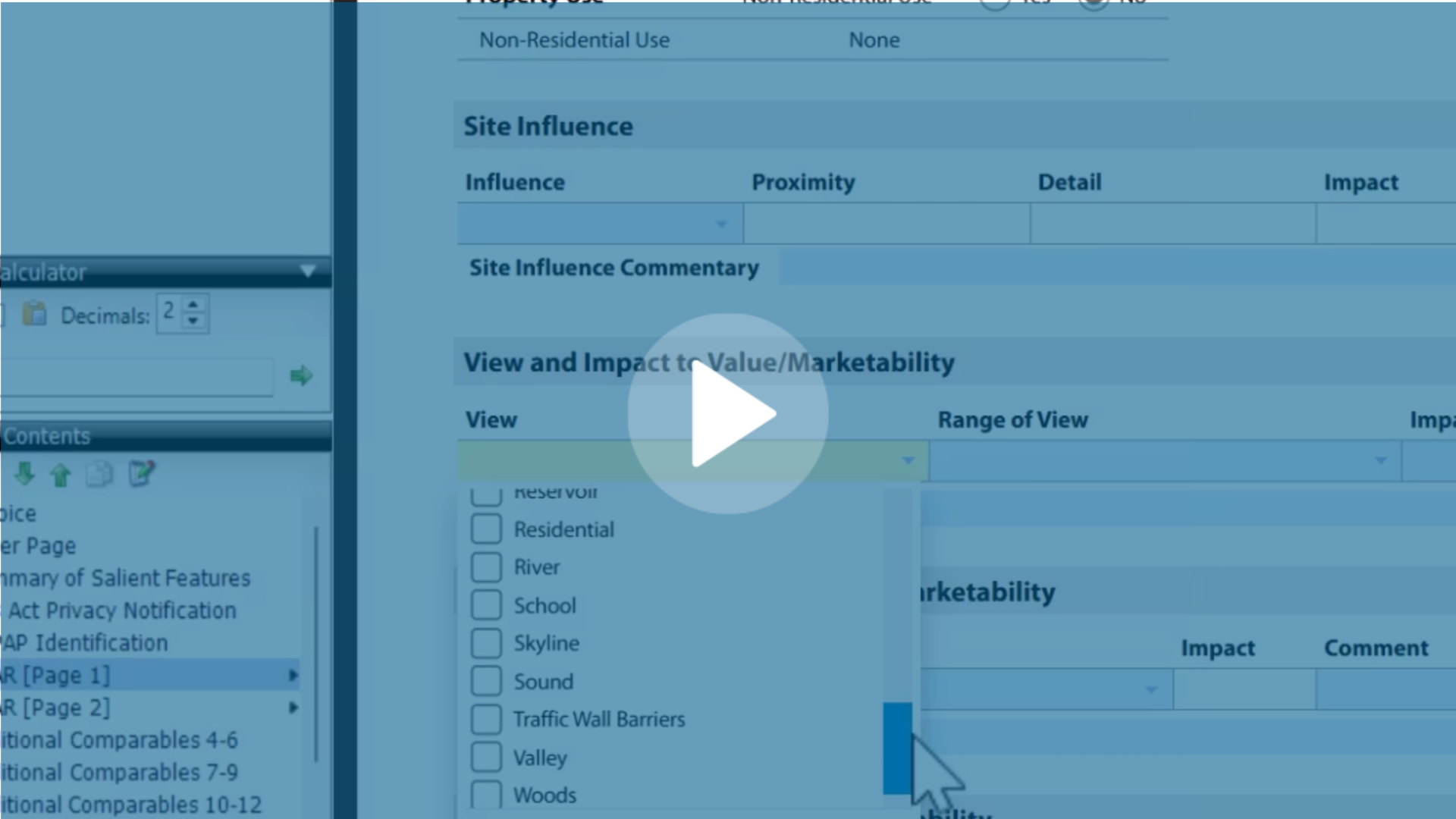
.jpg)
.png)
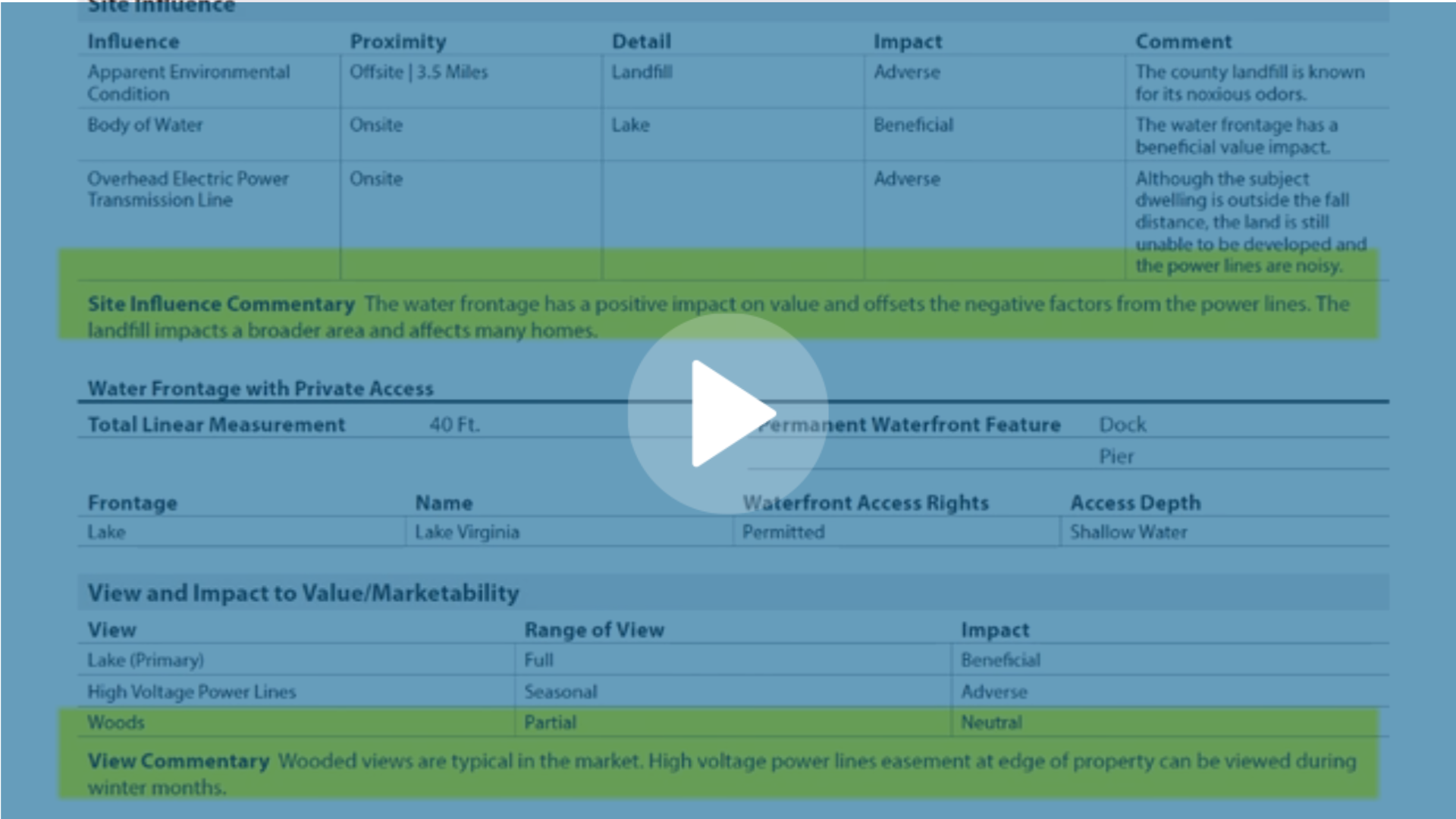
-1.png)



